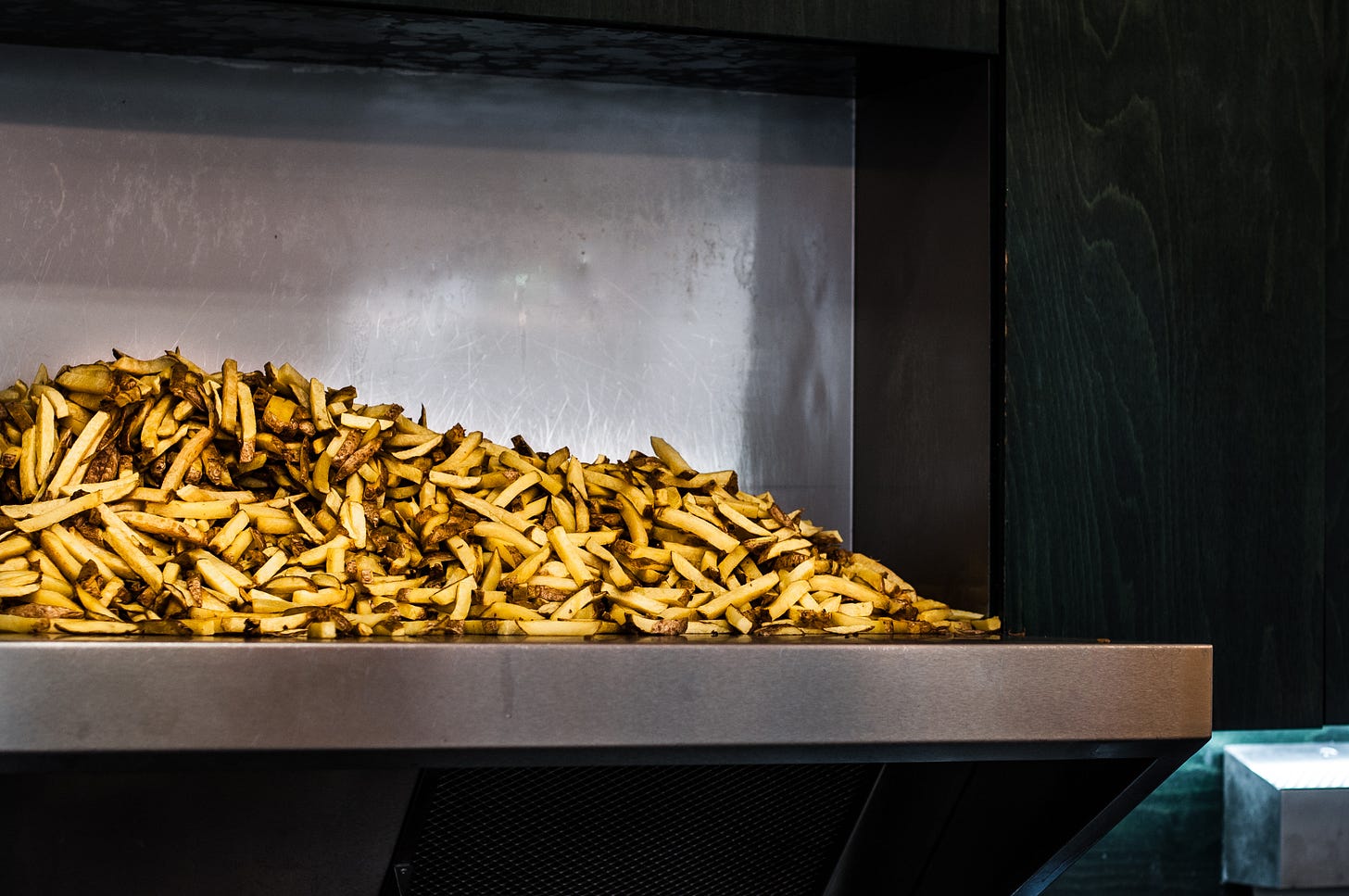Y’all Weekly Food: Second Course: Respect the Menu
Our series on respect in the restaurant industry continues with tips for picky eaters.
This is Part 2 in a series.
Read Part 1: “Is Respect on the Menu?”
Read Part 3: “Third Course: Leaving on a High Note”
Hospitality is as ancient as recorded history. However, especially in the United States, our culture and the history of service work often tilts the scales of grace and politeness out of balance. Working in food service demands being constantly polite and friendly. Reciprocity should be a given, but it’s not.
Deeply embedded classism paints workers in this industry as “less than” and too often invites rudeness and messy dining experiences, so I’m happy to introduce this three-part series on respect in restaurants. Recognizing the humanity in everyone you interact with is a great starting place, so I've got some tips rooted in respectfulness to make all of our dining experiences better.
Second Course: Respect the Menu
The days of highly customized orders are over.
Ingredients that aren’t cooked into the dish can be easily removed, additions and substitutions should not be requested absent an allergy. For instance, you shouldn’t add tomatoes to your pasta, just because you see them elsewhere on a menu, like a wedge salad.
There are good reasons for this.
For starters, it messes with the alchemy of a recipe that has already been tested and approved. Playing around too much with the recipe means the restaurant has no idea what they’re putting out, how it tastes, or if the textures and flavors are what the chef envisioned.
For folks with allergies and serious dietary preferences, there is potential for these to get lost and taken less seriously when diners without start requesting menu modifications.
It’s also an issue of food waste. To extend the example, most kitchens have pre-portioned the tomatoes they need for that wedge salad, and if they allow one person to repurpose an element of one dish, they have to allow everyone. Which means the restaurant is throwing out portions of wedge salad because their tomatoes were taken away.
Furthermore, changing what’s on the menu messes up a very delicate rhythm and causes a chain reaction in the kitchen. The chef may have to pause and locate the server to make sure they are on the same page. This takes up their time and the server’s - and potentially other members of the line.
Listen. These are the people that give me free French fries occasionally. Having tense conversations where we try to make sure we communicate everything we need in a high pressure situation is distracting and it opens up the opportunity for friction. Please don’t mess with my French fry connect.

I’m joking. The reality is, back of house workers have it hard. They work a very stressful job for not a lot of money in little rooms that make North Carolina in August look only moderately warm. They get very little respect. It’s important that they get it from their teammates, because it looks like they’re being disrespected when a server won’t tell a customer no.
This seems counterintuitive in an environment where we’re trained to believe “the customer is always right,” but respecting the menu will make your dining experience better as a customer, and will help the place you’re visiting run smoothly.
So again, feel free to leave off easily removed items like a cilantro garnish, but trust your chef and your server to deliver flavors right for your palate. Dining out is a time to try new things, after all.



